A Swedish shipping company, Wallenius Marine, is developing a car transporter* ship, Oceanbird, with telescopic aerofoil sails. When launched, it will be the world’s largest sailing ship.
The design is elegantly simple; take a pretty standard car transporter hull with the boxy shape and loading ramp at the back, smooth the edges and plonk five 80 metre** telescopic aerofoils on top.
The metal & composite aerofoils (“sails”) can drop down to 20m to handle bad weather and to get under bridges (the overall height above the water line with the wing sails down will be 45 metres). Power for manoeuvering in and out of port, and for emergencies, is provided by traditional low emission engine powering a propellor and thrusters.
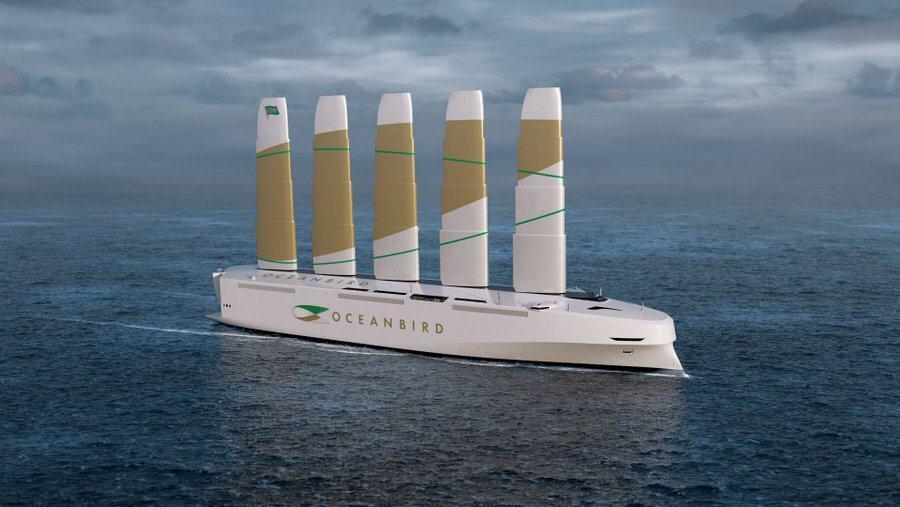
Wallenius Marine say that Oceanbird can carry up to 7,000 cars across the Atlantic “under sail” at an average 10 knots, taking around 12 days. That’s four days longer than a conventional motor ship, but emissions are reduced by 90%.
And that’s what it is all about. In April 2018, the International Maritime Organisation (IMO)’s Marine Environment Protection Committee (MEPC) adopted an initial strategy on the reduction of greenhouse gas emissions from ships. The goal is to reduce the total annual GHG emissions by at least 50% by 2050 compared to 2008, while, at the same time, pursue efforts towards phasing them out entirely.
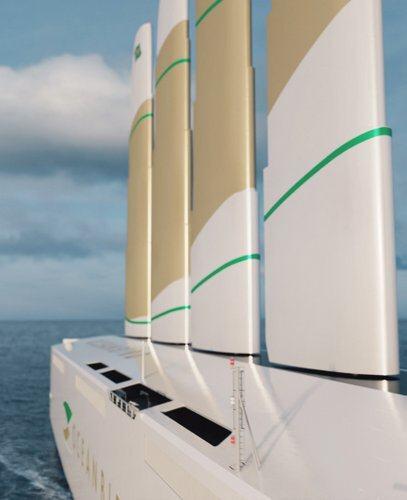
As Per Tunell, COO Wallenius Marine points out: “Shipping is a central function in global trade and stands for around 90% of all transported goods, but it also contributes to emissions. It is critical that shipping becomes sustainable. Our studies shows that wind is the most interesting energy source for ocean transports and with the 80 metre high wing sails on Oceanbird, we are developing the ocean-going freighters of the future.”
Will motor manufacturers buy in? Nobody welcomes slower deliveries, especially not 50% slower, but completed motor vehicles are not exactly ‘just in time’ products. And, with the automobile industry moving towards electric vehicles there’s a definite branding advantage in having your eco-friendly vehicles delivered to market in eco-friendly ships.
Maybe that’s why Wallenius Marine are starting with a car transporter. A general cargo ship or container ship that takes four days longer to deliver perishable or time-sensitive goods, might be a harder sell.
However, the Oceanbird concept about really large vessels designed to transport large, heavy cargoes over long distances. Wallenius Marine have been working on the project for several years in collaboration with KTH (Royal Institute of Technology) and Swedish marine research institute, SSPA. The project is supported by the Swedish Transport Administration.
Wallenius Marine say the design will be ready for orders in 2021 and they are aiming for a possible launch in 2024. If that happens, at 200m long x 40m wide x 105m high, Oceanbird will be the world’s largest sailing ship.
* Technically a “PCTC” – a Pure Car and Truck Carrier.
** More than twice the height of the tallest sailing ships today.

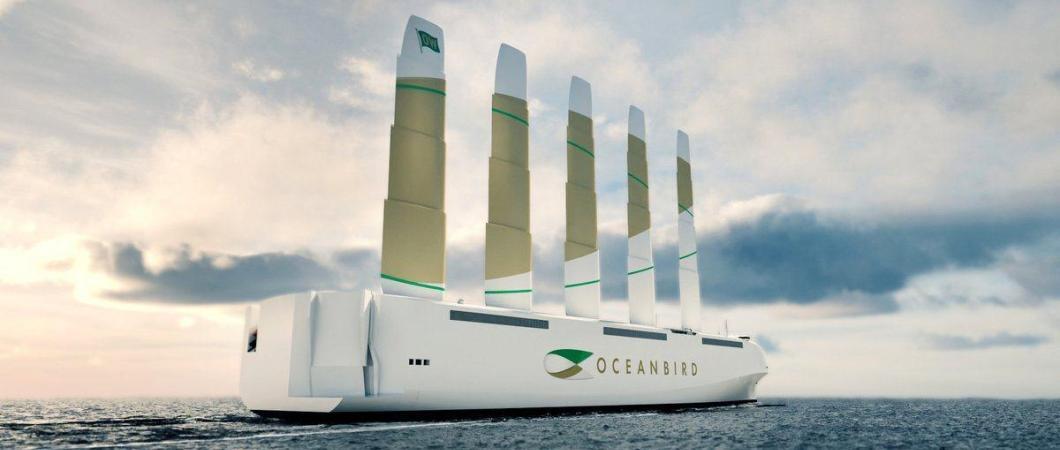
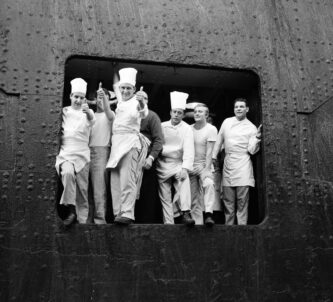
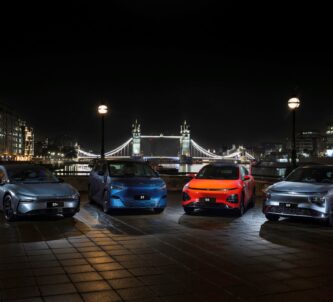

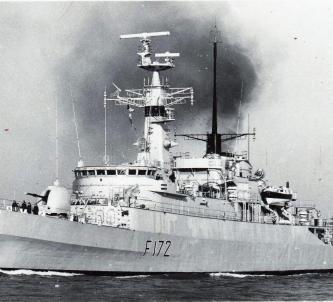
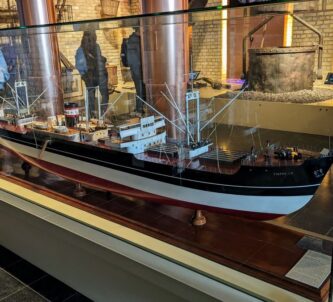

Interesting idea but perhaps limited use, I can think of a few markets common to the Indian Ocean that Oceanbird may not be practical because of the danger of becoming becalmed.
The article failed to compare cost of Oceanbird’s construction versus a common carrier. Curious.
Hi Brian, Yeah they didn’t supply construction cost data. Not sure they have it fully nailed down yet.
On limited markets I agree. In the cruise sector for example, Star Clippers and Windstar have that sector pretty much sewn up. On the other hand, they might make good bulk ore carriers.
On the Indian Ocean, yes but with modern weather forecasting it’s not hard to route around bad wind zones (too little wind, too much).